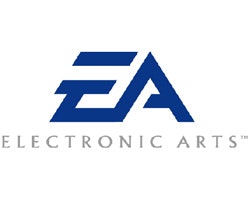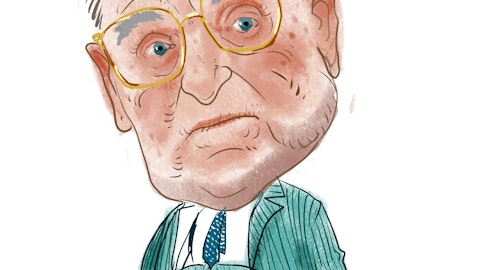The financial blogosphere is filled with bullish theses, bearish warnings and everything in between. Most times, readers don’t monitor writers’ calls very closely, and honestly, it’s a little impractical to expect otherwise. Still, it’s important for every author to take a look back at some of the calls he or she has made in years past, and revisit those original investment ideas.
In this article, we’re going to extend our original analysis of Electronic Arts Inc. (NASDAQ:EA) made on April 9th of last year. On Insider Monkey (and the Motley Fool), we published an article titled “Insiders No Longer Want to Play with EA,” discussing the game entertainment company’s prospects for the remainder of 2012.
In the article, we mentioned “From its negative insider and hedge fund sentiment, to its poor fundamentals, Electronic Arts a definite sell,” with the first point tied to heavy insider selling that continued through the remainder of 2012 (see the full record of insider transactions at EA). To shed more light on this phenomenon, consider the following statistic: over the past year, five separate insiders have sold shares of EA. There have been zero insider purchases.
While there are obviously many reasons insiders would choose to sell shares of a company, we should point out that Electronic Arts Inc. (NASDAQ:EA) has lost 25.4% in value since the first insider sale, made by Peter Moore, occurred in this 12-month time frame. At the time of our original analysis, our bearish call received quite a bit of criticism, but it’s worth noting that EA is down 10.3% in the time since.
Now, it’s obvious that this call wasn’t a result of any divine intervention or prophetic assistance; it was simply made because of the three factors mentioned above: (1) bearish insider sentiment, (2) bearish hedge fund sentiment, (3) and poor fundamentals. We’ve already discussed point No. 1; let’s get to latter two.
We originally shared that of the 400+ hedge funds we track, “34 funds held long positions in EA in the fourth quarter of 2011, in comparison to 39 funds in the preceding quarter.” By the end of the third quarter of 2012—the last 13F-filing period we have on record—this figure fell to 25. In other words, between Q3 2011 and Q3 2012, aggregate hedge fund interest in Electronic Arts Inc. (NASDAQ:EA) fell by nearly 36%.
That’s a huge change in a four quarter-timeframe. We’ll let you know what the smart money’s sentiment was in Q4 2012 when hedge funds’ 13F filings come in, but it’s likely we’ll see more selling. Check EA’s hedge fund page for updates on these figures.
Last but certainly not least, we must discuss the fundamentals behind EA’s decline. What exactly are they?






